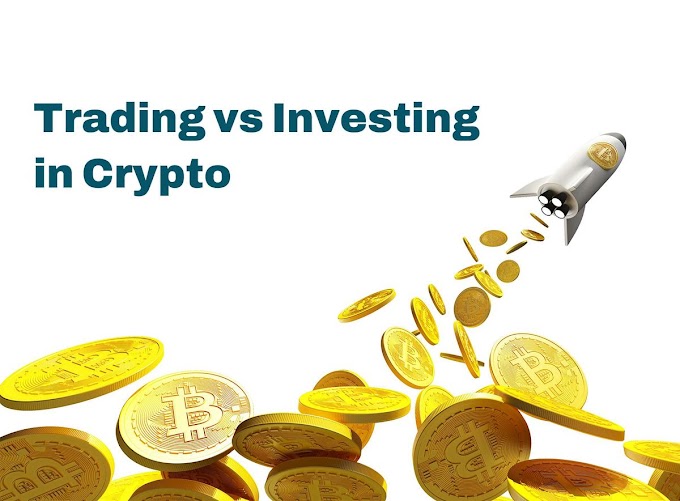As the world shifts towards renewable energy, solar power has emerged as a leading contender in the quest for sustainability. With its promise of clean energy and reduced carbon footprints, it's no wonder that many individuals and businesses are turning to solar panels to power their lives. However, like any technology, solar energy isn't without its drawbacks. While the benefits of solar power are well-documented, there are some lesser-known aspects that might make you think twice about embracing this trend.
In this article, we'll explore three things about solar energy that often go unmentioned. These aren't necessarily deal-breakers, but understanding them can help you make a more informed decision about whether solar power is right for you.
1. The Environmental Impact of Solar Panel Production
When we think about solar energy, we often focus on the clean electricity it generates. However, the production of solar panels has a significant environmental impact that can't be ignored. From the mining of raw materials to the manufacturing process, solar panels require substantial resources and energy.
The extraction of silicon, a key component of solar panels, is a resource-intensive process that can lead to environmental degradation and health risks for workers. Moreover, the production of solar panels involves the use of various chemicals and materials that can be hazardous to the environment if not handled properly.
Furthermore, the transportation of solar panels from manufacturing facilities to installation sites contributes to greenhouse gas emissions. While solar panels can help reduce emissions over their lifespan, it's essential to consider the carbon footprint associated with their production and transportation.
To mitigate these impacts, it's crucial to support manufacturers that prioritize sustainability and responsible sourcing of materials. Additionally, recycling programs for solar panels are emerging, which can help reduce waste and recover valuable materials.
2. The Challenge of Energy Storage
One of the most significant limitations of solar energy is its intermittency. Solar panels generate electricity only when the sun is shining, which means that energy storage solutions are necessary to provide a stable power supply. While battery technology has advanced significantly in recent years, it still poses a challenge for widespread adoption of solar energy.
The cost of energy storage systems, such as lithium-ion batteries, can be prohibitively expensive for some households and businesses. Moreover, the environmental impact of battery production and disposal is a concern that needs to be addressed.
Researchers are working on developing more efficient and sustainable energy storage solutions, but it's an area that requires continued innovation and investment. Until energy storage becomes more cost-effective and environmentally friendly, solar energy's potential will be limited by its intermittency.
3. The End-of-Life Disposal Problem
As the solar industry continues to grow, the issue of end-of-life disposal for solar panels is becoming increasingly important. Solar panels have a lifespan of around 25-30 years, after which they need to be replaced. This raises questions about how to dispose of old panels in an environmentally responsible manner.
The challenge lies in the materials used in solar panels, which can be difficult to recycle. While some companies are developing recycling technologies for solar panels, the industry as a whole still lacks a comprehensive approach to end-of-life disposal.
If not disposed of properly, solar panels can contribute to electronic waste and potentially harm the environment. It's essential for manufacturers, policymakers, and consumers to work together to develop sustainable solutions for the disposal and recycling of solar panels.
Conclusion
While solar energy offers many benefits, it's essential to consider the lesser-known aspects of this technology. By understanding the environmental impact of solar panel production, the challenge of energy storage, and the end-of-life disposal problem, we can work towards a more sustainable future.
As the solar industry continues to evolve, it's crucial to prioritize innovation, sustainability, and responsibility. By addressing these challenges, we can unlock the full potential of solar energy and create a cleaner, more sustainable world for generations to come.
In the meantime, if you're considering investing in solar energy, make sure to do your research and choose a reputable manufacturer that prioritizes sustainability. Additionally, explore energy storage solutions and plan for the eventual disposal of your solar panels. By being informed and responsible, you can enjoy the benefits of solar energy while minimizing its drawbacks.







.jpeg)

.jpeg)
.jpeg)




.jpeg)

